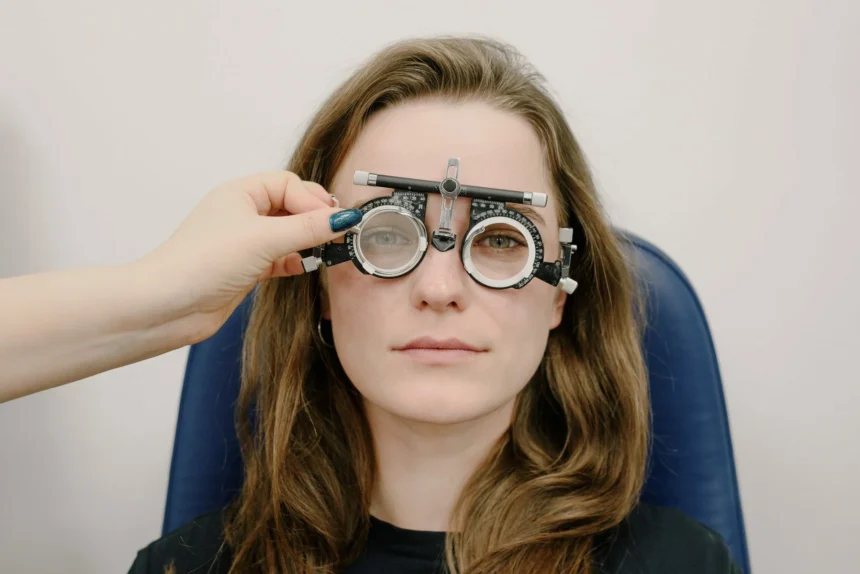Understanding the differences between eye care providers can help you find the right specialist for your needs. Both optometrists and ophthalmologists are trained professionals who specialize in eye health, but their training and the services they offer differ. Choosing between them depends on the type of care you require, from routine checkups to complex medical procedures.
What Services Do Ophthalmologists Provide?
An ophthalmologist is a medical or osteopathic doctor who specializes in eye and vision care. They complete medical school and then undertake several years of residency training. An ophthalmologist can perform all the services an optometrist offers, along with medical and surgical treatments for eye conditions. This extensive training equips them to handle a wide range of eye-related health issues.
Their services include:
- Comprehensive Eye Exams: Diagnosing and treating eye diseases, prescribing eyeglasses and contact lenses.
- Medical Eye Care: Managing conditions like glaucoma, iritis, and chemical burns.
- Surgical Eye Care: Performing procedures for trauma, cataracts, and other eye problems.
- Diagnosis and Treatment of Related Conditions: Identifying other health issues that may manifest through eye symptoms.
- Plastic Surgery: Performing procedures to smooth wrinkles or lift drooping eyelids for functional or cosmetic reasons.
Because an ophthalmologist is a medical doctor, they can diagnose and treat the full spectrum of eye diseases. They are licensed to practice medicine and perform surgery, offering a complete range of care from routine exams to complex operations. Their role connects eye health to your overall health.
When Should You See an Optometrist?
An optometrist is a healthcare professional who provides primary vision care. They earn a Doctor of Optometry (OD) degree after completing four years of optometry school, which follows college. Their focus is on routine eye health, including vision testing and correction.
You would visit an optometrist for services such as comprehensive eye exams to assess your vision and general eye health. They prescribe and fit eyeglasses and contact lenses to correct refractive errors. Optometrists also diagnose and manage certain eye conditions, such as dry eye and specific infections, and can prescribe medications to address these issues.
An optometrist is your primary resource for regular vision checkups and managing common eye-related needs. If they detect a condition that requires medical or surgical intervention, they will refer you to an ophthalmologist for specialized treatment. This collaborative approach helps you receive the appropriate level of care.
Which Provider Is Right for You?
Selecting the right provider starts with assessing your personal eye health needs. For routine vision care, such as yearly eye exams and getting new glasses or contacts, an optometrist is a suitable choice. They are equipped to handle primary eye care and monitor your vision over time.
If you have a known eye disease like glaucoma, macular degeneration, or cataracts, an ophthalmologist is the appropriate specialist. You would also see an ophthalmologist for any eye surgery or if you have a medical condition like diabetes or high blood pressure that can affect your eyes. Your choice depends on whether you need routine care or specialized medical treatment.
Consult a Specialist
Navigating eye care is simpler when you understand the roles of each provider. Optometrists offer primary vision services, while an ophthalmologist provides medical and surgical care for more complex conditions. If you have specific concerns about your eye health or require treatment for a diagnosed condition, scheduling an appointment with a specialist is a good next step. They can offer a thorough evaluation and guide you on the best path forward for your vision.














